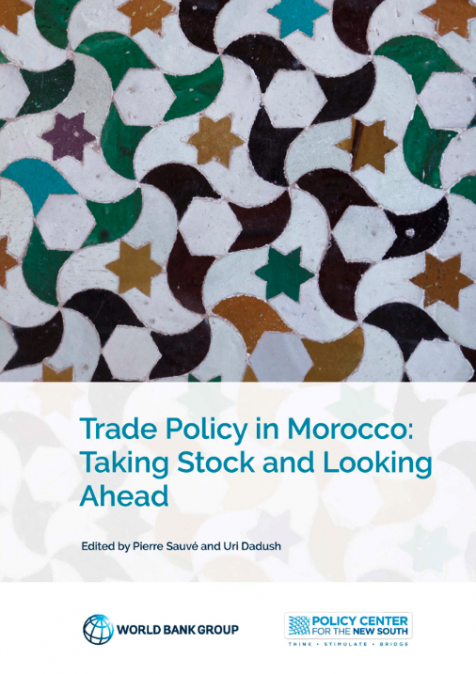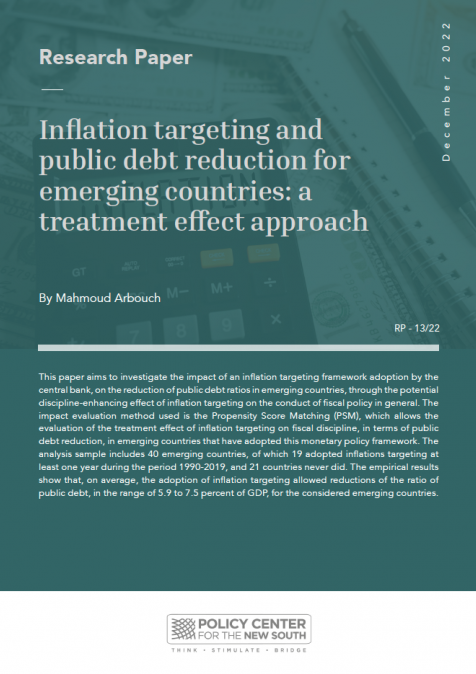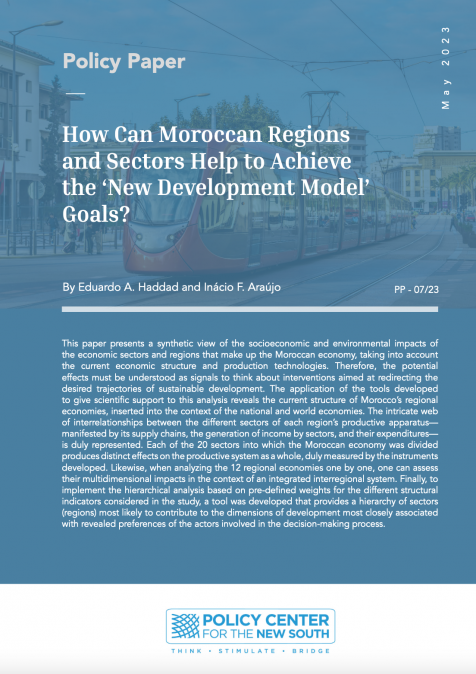Publications /
Policy Brief
This paper was originally published on t20brasil.org
Geopolitical fragmentation and rising debt have constrained fiscal space in many developing economies, particularly in Africa, limiting investments in critical sectors such as health, education, and infrastructure. Key challenges include the inefficacy of the G20’s Common Framework for debt restructuring, the inequitable allocation of Special Drawing Rights (SDRs), and funding shortages for concessional financing through the International Development Association (IDA).
To address these financial constraints, three key recommendations are proposed. First, reforming the G20 Common Framework to enhance efficiency and inclusivity in debt restructuring. Second, reallocating SDRs through the African Development Bank to provide greater liquidity for African nations. Third, ensuring a robust replenishment of the IDA and the African Development Fund (ADF) to sustain development financing.
The African Union’s inclusion in the G20 presents a strategic opportunity to advocate for these reforms. Strengthening coordination among African nations and engaging proactively with the G20 could help mobilize financial resources, fostering economic resilience and sustainable growth across the continent.










